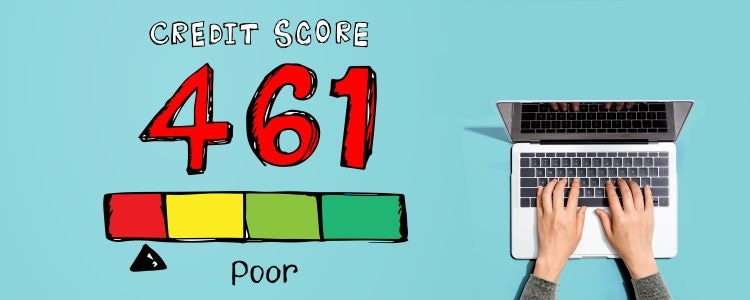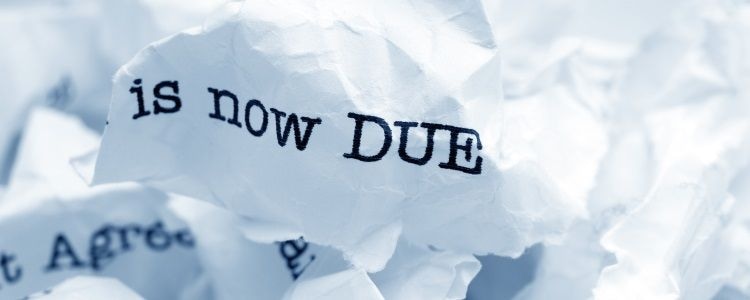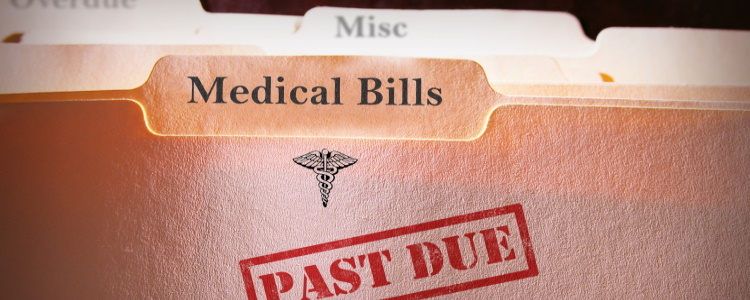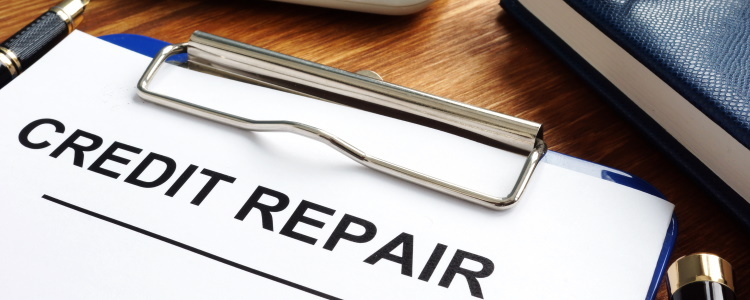Having bad credit can make getting an auto loan difficult, but your credit doesn’t have to be bad forever! There are ways to repair your credit score and improve your chances of getting approved for a car loan.
Habitual Bad Credit and Car Loans
 Auto lenders use credit scores as a way to judge your creditworthiness, which helps them determine if you qualify for a car loan. The better your credit score, the more likely you are to get approved for auto loans and all other types of credit.
Auto lenders use credit scores as a way to judge your creditworthiness, which helps them determine if you qualify for a car loan. The better your credit score, the more likely you are to get approved for auto loans and all other types of credit.
If you’ve had a vehicle repossession, gone through a bankruptcy, or you simply weren’t good at paying your bills, you may be considered a habitual bad credit borrower. This means your credit history is tarnished, and has likely been bad for some time.
Situational bad credit, on the other hand, is where a life event caused some financial issues and lowered a credit score that used to be in good shape. Either bad credit type can be a red flag to lenders, and both can make it hard to get approved for a car loan.
However, you can work to repair your credit, and we can give you a jumping-off point.
Reviewing Your Credit Reports Weekly
You can now request your credit reports for free, weekly, through April 2021. You can request them by filling out some basic information at www.annualcreditreport.com.
Before the pandemic, you could request your reports once every 12 months from each of the three credit reporting agencies: Experian, TransUnion, Equifax. But since many borrowers have hit some hard times, the agencies increased the availability of their reports. Now, you can monitor your credit reports in nearly real time, and watch your score rise as you work on your problem areas.
You can also review them for mistakes. Mistakes or inaccuracies on your credit reports can harm your score, and it’s up to you to correct them. If you notice anything on your three credit reports that you don’t recognize, or is just plain wrong, dispute the mistake with the reporting credit bureaus. You then prove that it’s wrong with documents, get the error removed, and then watch your score rise!
Additionally, if your credit reports are covered in errors and you don’t know where to start (or you simply don’t have time to deal with this), you can hire a credit repair company. These companies charge a monthly fee, and sometimes a start-up fee, and their job is to dispute errors on your credit reports for you. They're often well-versed in the laws surrounding credit reporting, and if you’re buried and want to clean up your reports, this could be a great place to start. You can also check out our trusted partner if this is an avenue you want to explore.
Pay Your Bills and Repair
Paying your bills on time is one of the best things you can do to repair your credit. This is because your payment history makes up 35% of your FICO credit score, which means it carries the most weight on the credit scoring model.
The other categories include: amounts owed (30%), length of credit history (15%), credit mix (10%), and new credit (10%). All of these factors create your three-digit FICO credit score, which is the scoring model that’s most commonly used by auto lenders.
It’s important to keep track of all aspects of your credit score, but the biggest thing you can do to repair a habitually bad credit score is to pay all your bills on time. Car lenders want to see a solid payment history, since they want to know that you’ll make your vehicle payments each month.
By working on your payment history, you prove to lenders that you’re a responsible borrower and you improve your credit score – it’s as simple as that!
Additionally, our partner has a service that allows you to add bills to be reported to the credit bureaus that aren’t normally reported (such as a phone bill or rent). By adding more accounts to your credit reports, you can improve your payment history and maybe even your credit mix.
Get a Bad Credit Auto Loan
Subprime lenders are often called second chance lenders, since situational and habitual bad credit borrowers sometimes need a break in auto financing, and a chance to repair their credit with a car loan.
Second chance lenders work through a dealership’s special finance department with the special finance manager. Together, they help bad credit borrowers get into a vehicle payment that fits their personal situation. Subprime auto loans are also reported to the credit reporting agencies, which means it's another chance for credit repair (on top of getting a car!).
These bad credit auto lenders don’t just rely on your credit score to make their approval decision – they use many aspects of your financial situation to get a bigger picture of you as a borrower. To get a subprime car loan, expect to need these basic items when you go to the dealer:
- Computer-generated check stubs to prove your income
- A utility bill in your name to prove your residence
- A current phone bill in your name to prove you have a working phone
- Your driver’s license to prove your identity
- A down payment of at least $1,000 in cash or trade equity
- A list of around five to eight personal references
Once you have these items, and completed the credit application with the special finance dealership, most of the hard work is over. Getting qualified with any lender is usually the hardest part of applying for new credit. However, getting a subprime auto loan and making all the payments on time, while maintaining your vehicle, could be a great opportunity for credit repair.
Getting in Touch With a Subprime Lender
Finding a subprime lender doesn’t have to be hard, and we want to make it much easier.
Here at Auto Credit Express, we have a nationwide network of dealers that work with subprime lenders and bad credit borrowers. We can help you get in contact with one at no cost to you.
To get matched to a dealership in your area, fill out our free auto loan request form, and we’ll get to work for you right away!
















